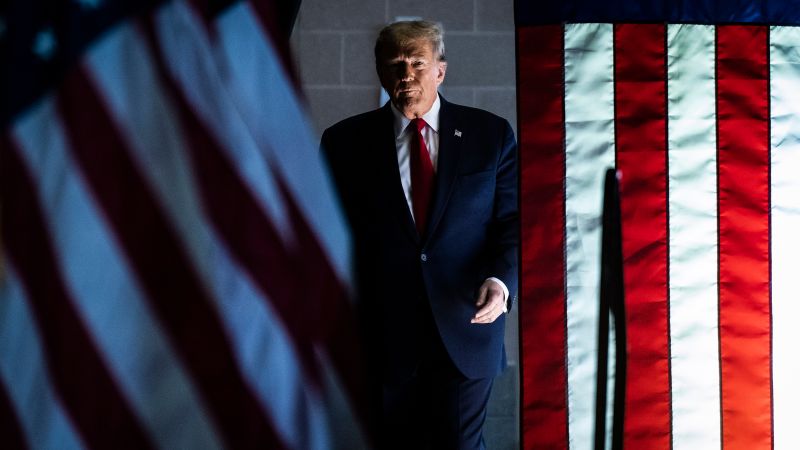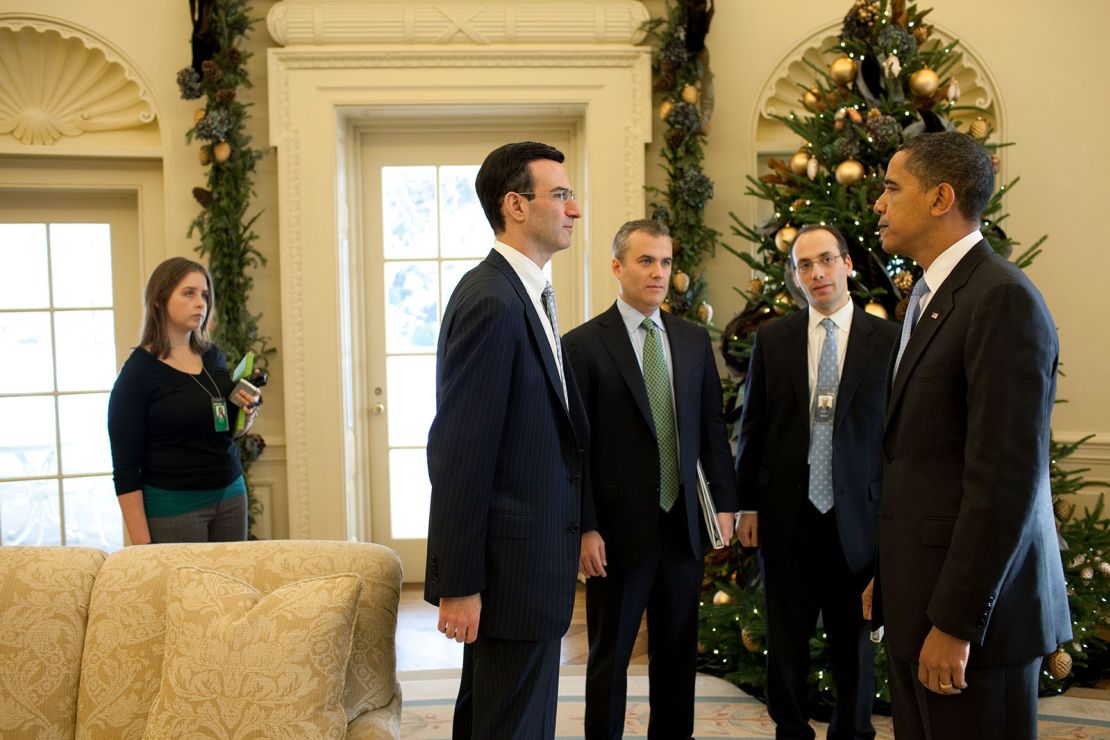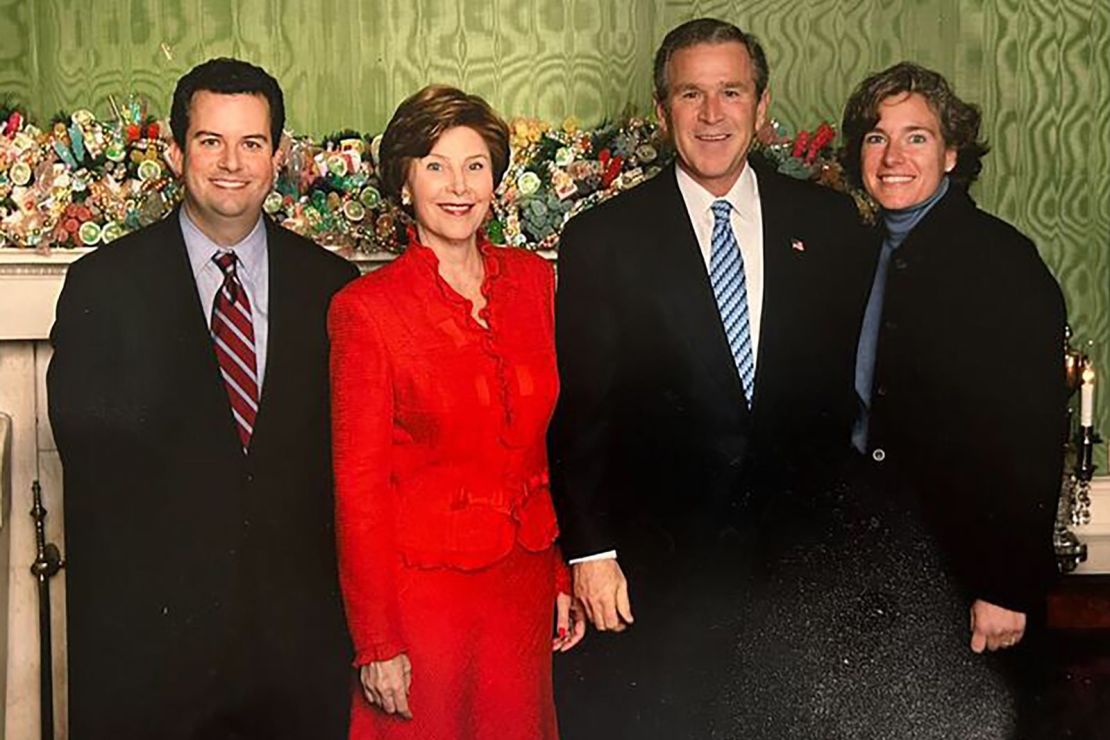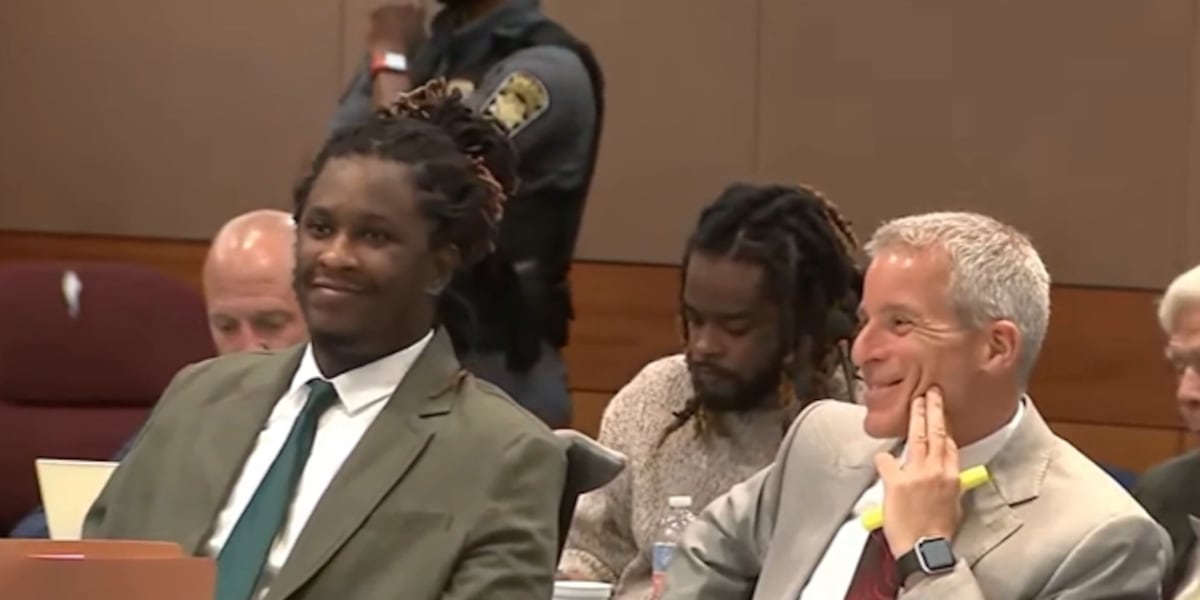CNN
—
At one campaign rally after another, former President Donald Trump whips his supporters into raucous cheers with a promise of what’s to come if he’s given another term in office: “We will demolish the deep state.”
In essence, it’s a declaration of war on the federal government—a vow to transform its size and scope and make it more beholden to Trump’s whims and worldview.
The former president’s statements, policy blueprints laid out by top officials in his first administration and interviews with allies show that Trump is poised to double down in a second term on executive orders that faltered, or those he was blocked from carrying out the first time around.
Trump seeks to sweep away civil service protections that have been in place for more than 140 years. He has said he’d make “every executive branch employee fireable by the president of the United States” at will. Even though more than 85 percent of federal employees already work outside the DC area, Trump says he would “drain the swamp” and move as many as 100,000 positions out of Washington. His plans would eliminate or dismantle entire departments.
A close look at his prior, fitful efforts shows how, in another term, Trump’s initiatives could debilitate large swaths of the federal government.
While Trump’s plans are embraced by his supporters, policy experts warn that they would hollow out and politicize the federal workforce, force out many of the most experienced and knowledgeable employees, and open the door to corruption and a spoils system of political patronage.
Take Trump’s statement on his campaign website: “I will immediately reissue my 2020 executive order restoring the president’s authority to remove rogue bureaucrats. And I will wield that power very aggressively.”
That executive order reclassified many civil service workers, whose jobs are nonpartisan and protected, as political appointees who could be fired at will. At the time, more than four dozen officials from ten Republican and Democratic presidential administrations, including some who served under Trump, condemned the order. In a joint letter, they warned it would “cause long-term damage to one of the key institutions of our government.”
In the end, Trump’s order had little impact because he issued it in the final months of his term, and President Joe Biden rescinded it as soon as he took office.
But if, as promised, Trump were to change thousands of civil service jobs into politically appointed positions at the start of a second term, huge numbers of federal workers could face being fired unless they put loyalty to Trump ahead of serving the public interest, warn policy experts.
“It’s a real threat to democracy,” Donald Moynihan, a professor of public policy at Georgetown University, told CNN. “This is something every citizen should be deeply aware of and worried about because it threatens their fundamental rights.”
Moynihan said making vast numbers of jobs subject to appointment based on political affiliation would amount to “absolutely the biggest change in the American public sector” since a merit-based civil service was created in 1883.
One of the architects of that plan for a Trump second term said as much in a video last year for the Heritage Foundation. “It’s going to be groundbreaking,” said Russell Vought, who served as the director of the Office of Management and Budget under Trump. He declined interview requests from CNN. But in the video, he spoke at length about the plan to crush what he called “the woke and the weaponized bureaucracy.” Vought discussed dismantling or remaking the Department of Justice, the FBI and the Environmental Protection Agency, among others.
Vought focused on a plan he drafted to reissue Trump’s 2020 executive order, known as Schedule F. It would reclassify as political appointees any federal workers deemed to have influence on policy. Reissuing Schedule F is part of a roadmap, known as Project 2025, drafted for a second Trump term by scores of conservative groups and published by the Heritage Foundation.
Vought argues the civil service change is necessary because the federal government “makes every decision on the basis of climate change extremism and on the basis of woke militancy where you’re effectively trying to divide the country into oppressors and the oppressed.”
A Trump campaign spokesperson pointed CNN to a pair of campaign statements from late last year in part responding to reporters’ questions about the 900-plus-page Project 2025 document. The campaign said, “None of these groups or individuals speak for President Trump or his campaign… Policy recommendations from external allies are just that – recommendations.” However, the Project 2025 recommendations largely follow what Trump has outlined in broad strokes in his campaign speeches – for example, his plans to reissue his 2020 executive order “on Day One.”
Ostensibly, a reissued Schedule F would affect only policy-making positions. But documents obtained by the National Treasury Employees Union and shared with CNN show that when Vought ran OMB under Trump, his list of positions to be reclassified under Schedule F included administrative assistants, office managers, IT workers and many other less senior positions.
NTEU President Doreen Greenwald told reporters at the union’s annual legislative conference that it estimated more than 50,000 workers would have been affected across all federal agencies. She said the OMB documents “stretched the definition of confidential or policy positions to the point of absurdity.”
Trump’s comments about wanting to be able to fire at will all executive-branch employees suggest the numbers in a second term would be far greater.
Moynihan, at Georgetown, said US policies already grant the president “many more political appointees than most other rich countries” allow – about 4,000 positions.
“Almost all Western democracies have a professional civil service that does not answer to whatever political party happens to be in power, but is immune from those sorts of partisan wranglings,” said Kenneth Baer, who served as a senior OMB official under President Barack Obama. “They bring… a technical expertise, a sense of long history and perspective to the work that the government needs to do.” Making thousands of additional positions subject to political change risks losing that expertise, while bringing in “people who are getting jobs just because they did some favor to the party, or the president was elected. And so, there’s a risk of corruption.”
Such concerns cross the political aisle. Robert Shea, a senior OMB official under George W. Bush, called himself a hugely conservative, loyal Republican. But hiring people based on personal political loyalties would produce “an army of suck-ups,” he said.
“It would change the nature of the federal bureaucracy,” to remove protections from senior civil servants, he said. “This would mean that if you told your boss that what he or she was proposing was illegal, impractical, [or] unwise that they could brand you disloyal and terminate you.”
Biden has moved to block such a move. On April 4, the Office of Personnel Management, which in effect is the human resources department for the federal government, adopted new rules meant to bar career civil service workers from being reclassified as political appointees or other types of at-will workers.
The new rules would not fully block reclassifying workers in a second Trump term. But they would create “speed bumps,” said Baer. “To repeal the regulation, there would have to be a lengthy period of proposed rulemaking, 90 days of comment,” and other steps that would have to be followed. “And then probably the litigation, after that.”
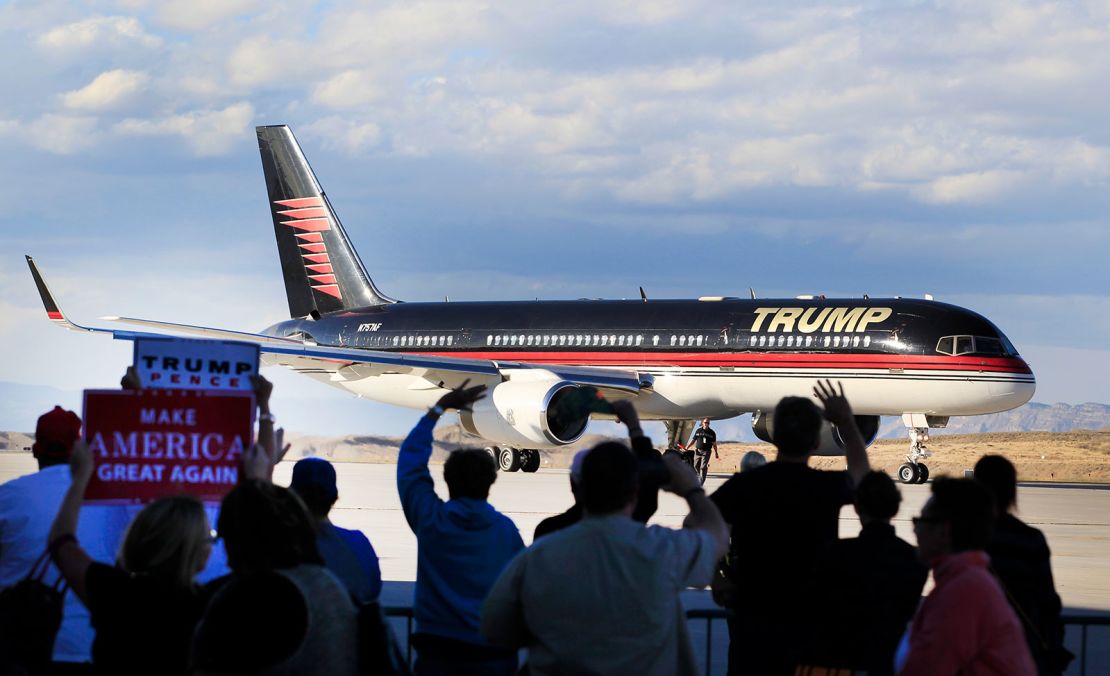
While assailing “faceless bureaucrats,” Trump also has said he would move federal agencies from “the Washington Swamp… to places filled with patriots who love America.”
But when he tried such moves before, the effect was to drain know-how, talent and experience from those agencies. That’s what happened in 2019 when Trump moved the headquarters of the Bureau of Land Management to Grand Junction, Colorado, and two agencies within the Department of Agriculture to Kansas City.
“The vast bulk of (headquarters) employees left the agencies,” said Max Stier, president and chief executive of the Partnership for Public Service, a nonpartisan group that promotes serving in government. It led to the loss of “expertise that had been built up over decades,” he said. “It destroyed the agencies.”
A 2021 investigation by the Government Accountability Office found that the BLM move pushed out hundreds of the bureau’s most experienced employees, and sharply reduced diversity, with more than half of black employees in DC opting to quit or retire rather than move to Colorado. The GAO also concluded that the USDA’s decision to move its Economic Research Service (ERS) and the National Institute of Food and Agriculture (NIFA) to Kansas City was “not fully consistent with an evidence-based approach.”
The two USDA agencies do statistical research and analysis. The ERS focuses on areas including the well-being of farms, the effects of federal farm policies, food security and safety issues, the impacts of trade policies and global competition. NIFA funds programs to help American agriculture compete globally, protect food safety and promote nutrition, among other areas.
Verna Daniels had worked for the USDA for 32 years, most of them as an information specialist at the Economic Research Service, when she and her colleagues found out their agency was being relocated in October 2019.
“I really enjoyed my job. I worked extremely hard. I never missed a deadline,” Daniels said. She said the announcement left her in shock. “Everybody was afraid, and it was happening so fast… We were given three months to relocate to wherever it was or vacate the premises.” She quit rather than uproot her whole family. “It was heart-wrenching.”
The Trump administration said moving the USDA agencies would bring researchers closer to “stakeholders”– that is, farmers. Catherine Greene, an agricultural economist with 35 years at the USDA’s Economic Research Service, called the idea ridiculous. “Every state that surrounds Washington, DC, has farming… I grew up on a hundred-year-old farm in southwestern Virginia.”
“We’ve all dedicated our lives to looking at farming in America, to looking at food systems in America,” Greene said. “I think the goal was to uproot the agency in such a way that most people would have to move on, and most people did. It was highly predictable.”
The other relocated research agency, the National Institute for Food and Agriculture, had 394 employees at the beginning of the Trump administration, said Tom Bewick, acting vice president of the union local for NIFA. Trump imposed a hiring moratorium that left positions unfilled as people moved or retired. By the time the relocation to Kansas City was announced, NIFA was down to 270 employees. “Once it was announced they would move us, we were losing 10 to 20 people a week,” Bewick explained. “We had less than 70 people make the move.” Five years on, he said, “We still are not the same agency, and we’ll never be the same agency we were.”
The USDA said the move to Kansas City would save taxpayers $300 million over 15 years. But the GAO said that analysis didn’t account for the loss of experience and institutional knowledge, the cost of training new workers, reduced productivity and the disruption caused by the move. Including such costs, the Agricultural and Applied Economics Association estimated the move actually cost taxpayers between $83 million and $182 million.
Greene, at the Economic Research Service, retired rather than move. After Biden took office, the BLM and the two USDA agencies moved their headquarters back to Washington, but also kept open their offices in Grand Junction and Kansas City, respectively. Greene said she worries for federal workers who might face the same choice in a second Trump term. “They mean business,” she said. “They spent four years practicing, and they are ready to rock and roll.”
To Stier, at the Partnership for Public Service, there is a huge gap between the perception and the reality of the role that the civil service plays across the country. “We’ve been doing polling on trust in government, and when you tag on the words, government ‘in Washington, DC,’ the trust numbers crater,” he said.

On the campaign trail, Trump has regularly claimed, without evidence, that Biden and the Department of Justice are stage-managing various prosecutions of him – including state-level indictments in New York over falsifying business records and in Georgia, on charges of election subversion. Trump has used that false claim to say it would justify him using the Justice Department to target his political enemies. He’s said that in a second term he’d appoint a special prosecutor to investigate Biden. He told Univision last year he could have others indicted if they challenged him politically.
Trump tried to use the Department of Justice in this fashion during his previous term, repeatedly telling aides he wanted prosecutors to indict political foes such as Hillary Clinton or former appointees he’d fired, such as former FBI Director James Comey. He also pushed then-Attorney General Bill Barr to falsely claim the 2020 election was corrupt, which Barr refused to do.
In that term, some senior officials at the White House and the Justice Department pushed back against pursuing baseless prosecutions. Their resistance followed a tradition holding that the Justice Department should largely operate independently, with the president setting broad policies but not intervening in specific criminal prosecutions.
But in a second term, Trump could upend that tradition with the help of acolytes such as Jeffrey Clark, a former Justice official who faces disbarment in DC and criminal charges in Georgia for trying to help overturn the 2020 election results. As Trump tried to hang onto the White House in his final weeks in office, he pushed to make Clark his acting attorney general, stopping only after senior Justice Department leaders threatened to resign en masse if he did so.
Last year, Clark published an essay titled “The U.S. Justice Department Is Not Independent” for the Center for Renewing America, a conservative nonprofit founded by Russell Vought. Clark also helped draft portions of the Project 2025 blueprint for a second Trump term, including outlining the use of the Insurrection Act of 1807 to deploy the military for domestic law enforcement, as first reported by the Washington Post.
Trump also has talked about bringing to heel other parts of the federal government.
“We will clean out all of the corrupt actors in our National Security and Intelligence apparatus, and there are plenty of them,” Trump said in a video last year. “The departments and agencies that have been weaponized will be completely overhauled so that faceless bureaucrats will never again be able to target and persecute conservatives, Christians, or the left’s political enemies.”
Project 2025’s blueprint envisions dismantling the Department of Homeland Security and the FBI; disarming the Environmental Protection Agency by loosening or eliminating emissions and climate-change regulations; eliminating the Departments of Education and Commerce in their entirety; and eliminating the independence of various commissions, including the Federal Communications Commission and the Federal Trade Commission.
The project includes a personnel database for potential hires in a second Trump administration. Trump’s campaign managers have not committed the former president to following the Project 2025 plans, should he win the White House. But given the active involvement of Trump officials in the project, from Vought and Clark to former Chief of Staff Mark Meadows, senior adviser Stephen Miller, Peter Navarro and many others, critics say it offers a worrisome roadmap to a second Trump term.
“Now they really understand how to use power, and want to use it to serve, not just Republican partisans, but Donald Trump,” said Baer.
On the campaign trail, Trump leaves little doubt about what he’ll try to do.
“We will put unelected bureaucrats back in their place,” Trump told his supporters at one rally last fall. “The threat from outside forces is far less sinister, dangerous and grave than the threat from within.”

